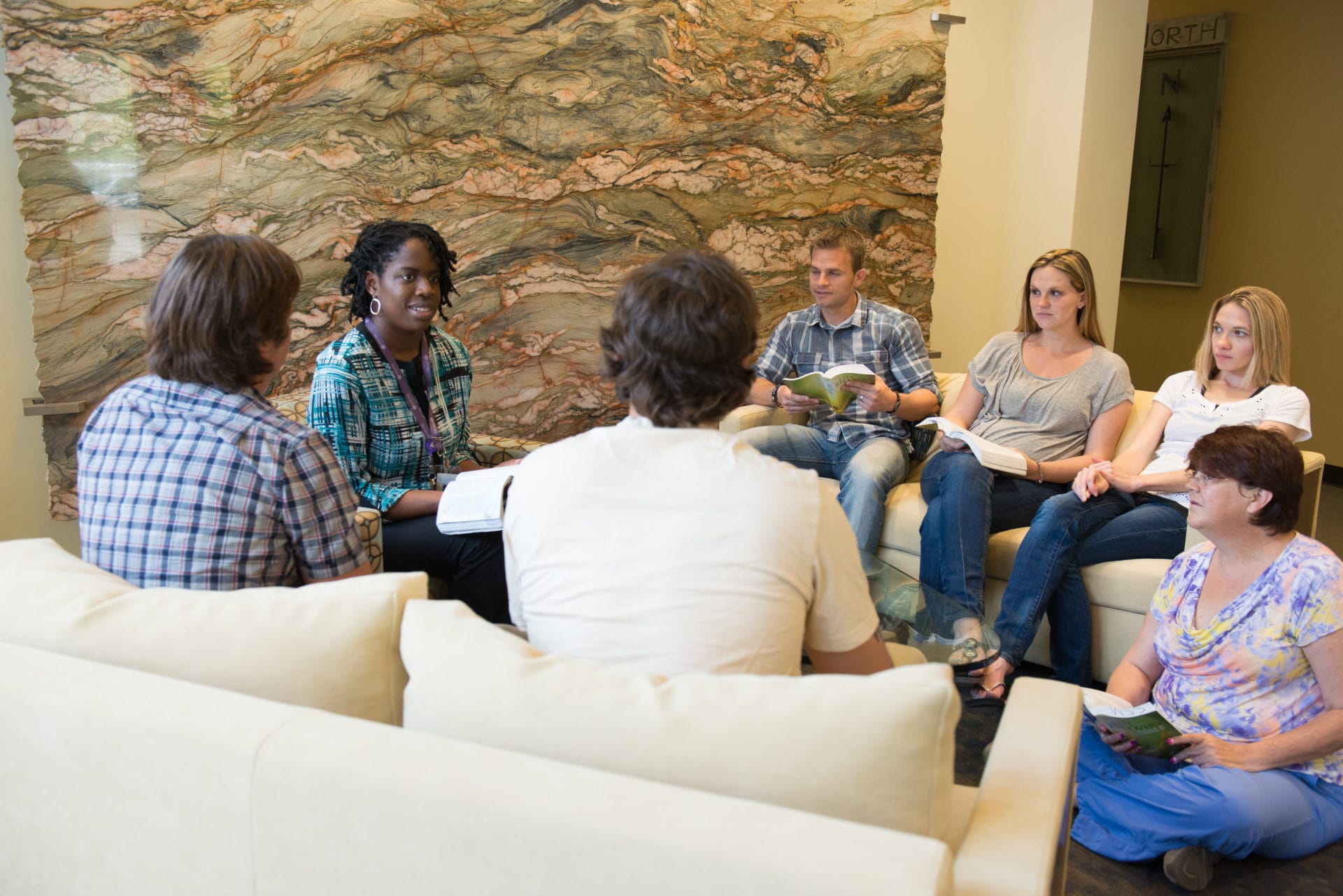

By: Michael Rass
The Recovery Book calls the first stage of recovery the “Red Zone”—the lifesaving zone. “In the Red Zone, the person in recovery is making life-and-death choices.” Once he or she has sought out rehab admission, the patient has to pursue sobriety wholeheartedly, and this can be a big change for everybody—not only for the patient. “You will probably find that sober, your partner, parent, sibling, or child is a ‘new’ person,” write the authors of The Recovery Book. Sometimes, this new person is subconsciously resented. After months and sometimes years of active addiction, dysfunctional relationships might have developed that need to be addressed in therapy for the whole family. Parents may have felt needed again when their drug-using child moved back home. Spouses may have taken over the family finances while their partners were drinking. Now they might be reluctant to give up the caretaker role to which they have become accustomed over a period of time. Often, family members also have a lot of unprocessed anger and shame on all sides that need to be addressed in therapy.
Addiction is a Family Disease
Lakeview Health offers families the opportunity to participate in a three-day family workshop. The workshop is a group session with several families. “The first day is primarily didactic,” explains Lakeview family therapist Ken Wynn. “We provide a lot of information about addiction as a disease. Occasionally, the first challenge is that family members don’t buy the disease concept. They think of addiction as a character flaw,” says Wynn. “Or they view addiction as a condition that affects mostly the addicted patient.” They argue that the addicts are the ones who used drugs or alcohol, so they are the only ones who need treatment. Family therapy needs to address this and other misconceptions about addiction to enable family members to support a sustained recovery of their loved one. Family members and patients often also underestimate the difficulty of recovery. They might unrealistically expect all previous problems to disappear with sobriety and are unprepared for the inevitable challenges that lie ahead. Family therapy attempts to deal with all unresolved issues within the family such as guilt, anger, shame, and resentment, as well as legal and financial problems. Family members learn what their role in supporting their loved one should be and how to manage their own recovery while their loved one is in treatment. An important part of that is joining a support group. Lakeview works with the Al-Anon and Nar-Anon communities. “It’s very important for the recovery of their loved ones that family members go to meetings like that after rehab,” says Wynn. Al-Anon and Nar-Anon emerged from traditional 12-Step programs and were developed to help family and friends of addicts deal with the effects of living with an addicted relative or friend. Twelve-Step Fellowships have been very important for many people struggling with substance use disorder and can be just as helpful for their friends and relatives. Addiction affects many members of the immediate family of the patient. Spouses, life partners, parents, and children in a family with addiction can only truly heal if they become part of the recovery process. Supporting the residential treatment of a loved one by participating in family therapy is only the first step.





